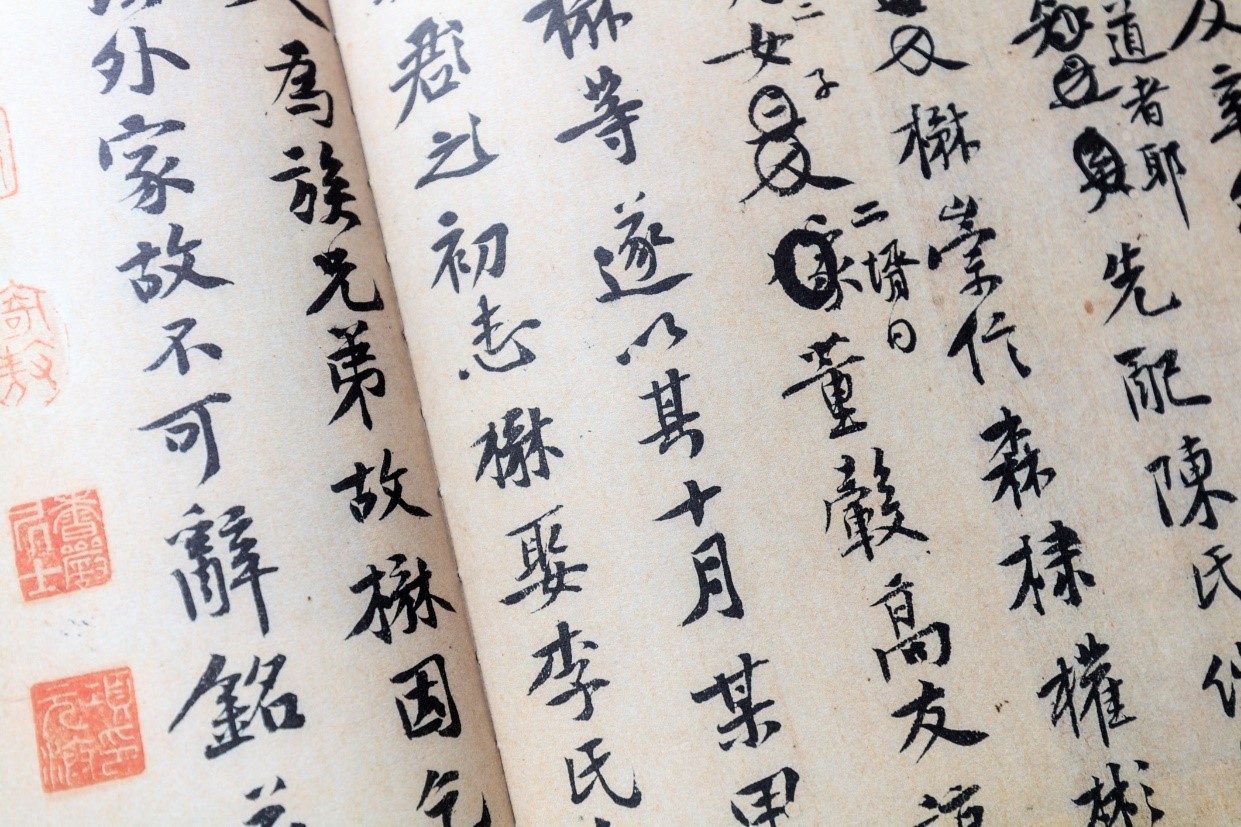
The most difficult languages of the world
A very famous essay written by David Moser in 1992 has been around the internet for a while, generating a great deal of debate among translators. With a title like “Why Chinese is so damn hard” you can easily guess what it claims, and a lot of people agree on that. In fact, Mandarin Chinese is frequently classified as the hardest language to learn.
Despite Moser starts his thoughts by clarifying that, of course, ALL languages are hard to learn for non-native speakers, he immediately adds that Chinese is the hardest language because even Chinese people find it hard. This statement is kind of convincing and he goes further proving these reasons:
- A really complex writing system: “it is simply unreasonably hard to learn enough characters to become functionally literate”, he says.
- The language doesn’t have the common sense to use an alphabet. The components of Chinese characters are arrayed in two dimensions, rather than in the neat one-dimensional rows of alphabetic writing.
- The writing system isn’t very phonetic. Many characters, including some of the most high-frequency ones, give no clue at all as to their pronunciation.
- You can’t use cognates. When reading in Spanish, even if you don’t know the language, you are to able to understand the core idea because of the cognates. Here, you just can’t cheat.
- Using dictionaries is hard. In an almost desperate way, Moses states that “merely learning how to look up a word in the dictionary is about the equivalent of an entire semester of secretarial school.”
- Classical Chinese is even worst. Whereas modern Mandarin is merely perversely hard, classical Chinese is deliberately impossible, according to Moses.
- Tonal languages are weird. Moses simply wonders: “How is it possible that shùxué means "mathematics" while shūxuě means "blood transfusion", or that guòjiǎng means "you flatter me" while guǒjiàng means "fruit paste"?”
- Language and culture cannot be separated. Indo-European languages share not only a linguistic resemblance, but also the core concepts and cultural assumptions are similar, including art and history.
As a personal appreciation, his essay can be argued and most linguists could provide a number of reasons why a certain language is even harder. However, this isn’t an entirely subjective matter, considering the fact that factors such as Grammar and pronunciation are actually elements of practical studies as any semiologist can prove.
Usually, English speakers find really hard to achieve language proficiency the languages that are written in characters:
- Arabic. It has very few words that resemble those of European languages. Also, it uses fewer vowels.
- Japanese. Learners need to memorize thousands of characters. It has 3 writing systems and 2 syllabary systems.
- Korean. Difference sentence structure, syntax, and verb conjugation make it so hard.
Next, surveys often find Hindi, Russian, Vietnamese, Turkish, Polish, Thai, Serbian, Greek, Hebrew and Finnish as the most frequently voted languages by both learners and specialists.
The difficult in learning any language is not limited to a character VS alphabet mode, so you can find many languages that are even written similarly than your native one and still face a hard time. This is more related to the core differences in the semantics, use of pronouns and other rules.




